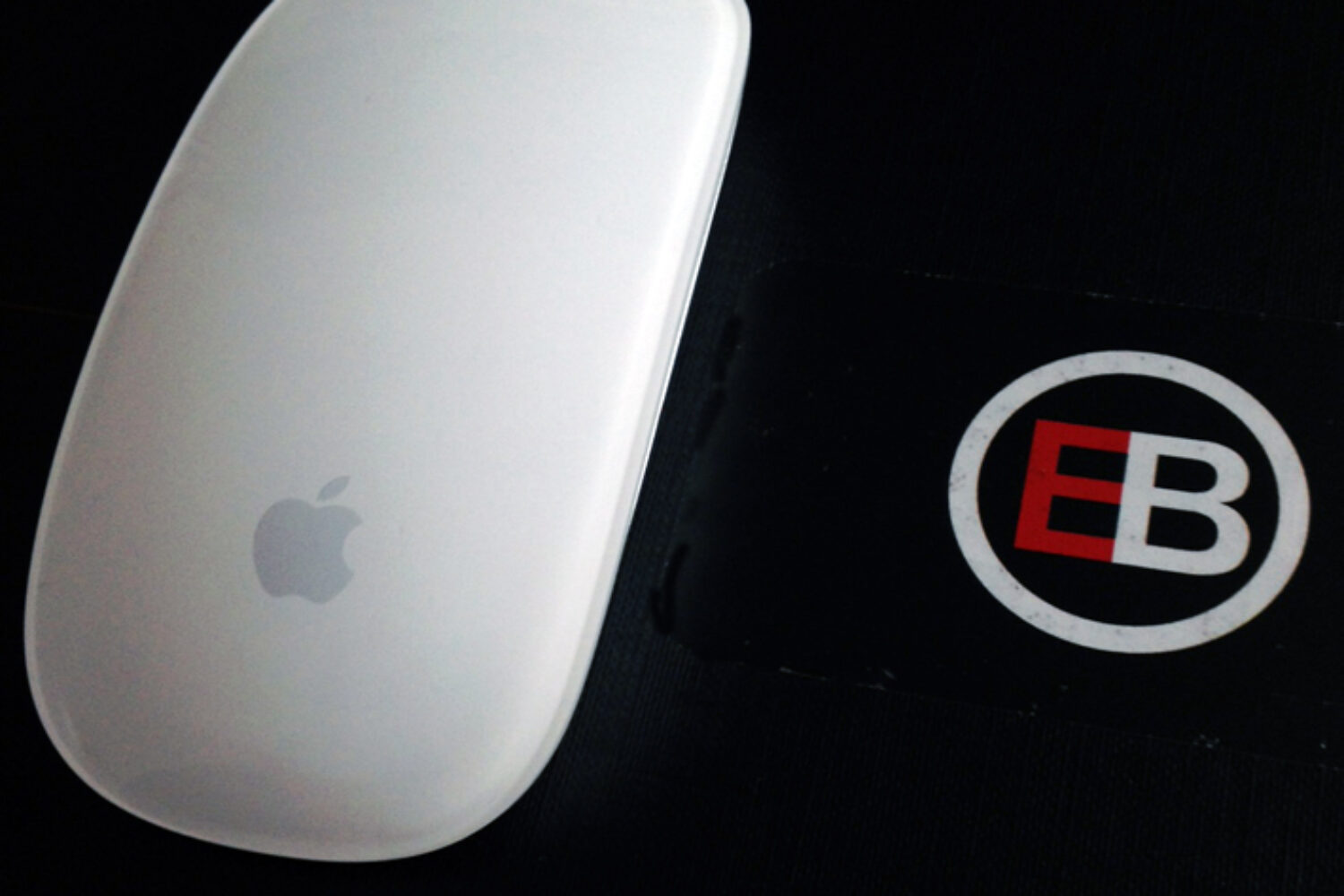‘For much of history, humankind’s highest achievement arose from conquering the world by measuring it.’
There was a time long, long ago when Amazon didn’t have only techies on its payroll. They had editors and critics who evaluated and sifted through the titles that featured on the site’s pages and offered their human and insightful views on the latest books and made excellent and informed recommendations. They were celebrated in the pages of the Wall Street Journal as the US’s most influential critics as they drove so many book sales.
But then Jeff Bezos had another idea. What if the site could recommend books to users based on their individual shopping preferences? Amazon analyst Greg Linden saw a new way of doing things too. What if the site could make associations between products themselves rather than compare the preferences of people with other people? In 1998 Linden and his colleagues applied for a patent on ‘item-to-item’ collaborative filtering and the shift in approach made a big difference – a big data difference.
The company had a mice or men choice on its hands. What to put on the site – machine-driven content that showed empirical relationships between products, or reviews crafted by Amazon’s in-house book experts?
They ran tests and the data-driven sales vastly out-performed the critic-driven version. In the Amazon way the decision was made and today it’s said that at least a third of Amazon’s sales are made through data-driven recommendations and personalization systems. You could call it Amazon’s big data moment.
One important consideration is that Amazon didn’t bother too much questioning why the measurable upsurge in sales happened. They just knew that it did and acted quickly to take advantage of what the data told them. That gave the Amazon business and brand an advantage over just about every competitor they have ever had and all because they weren’t afraid to leverage the knowledge their own systems gave them. For good or ill of course.
‘Treating data as something imperfect and imprecise let’s us make superior forecasts, and thus understand our world better.’
So what does this Amazon big data moment mean for you and your business? What do you know that other people don’t and what do you have that can make your decisions faster and more accurate? That’s the big data question. Are your decisions machine-driven, gut-driven, or a little bit of both?
How do you know what will work for you and your brand and how do you decide? Do you click with your users and, perhaps more importantly, have you got the courage to find out?
Interesting questions aren’t they? I don’t have instant, off-the-peg solutions as every business and every brand is different, but if you would like to have a chat about what could be your big data, big brand moment – Let’s talk.
Quotations and overview of the Amazon strategy are taken from Big Data: A revolution that will transform how we live, work and think, by Viktor Mayer-Schonberger and Kenneth Cukier, 2013.



